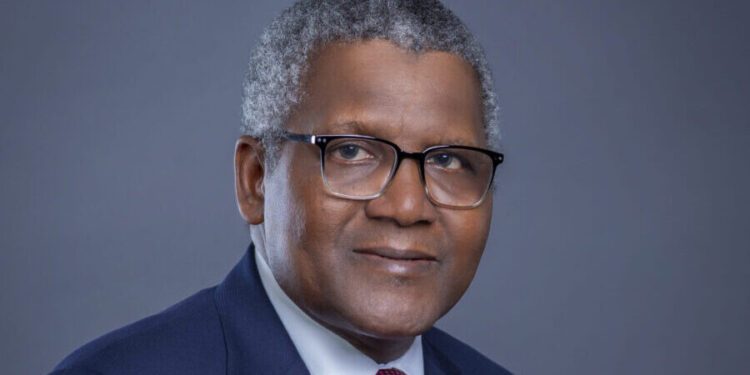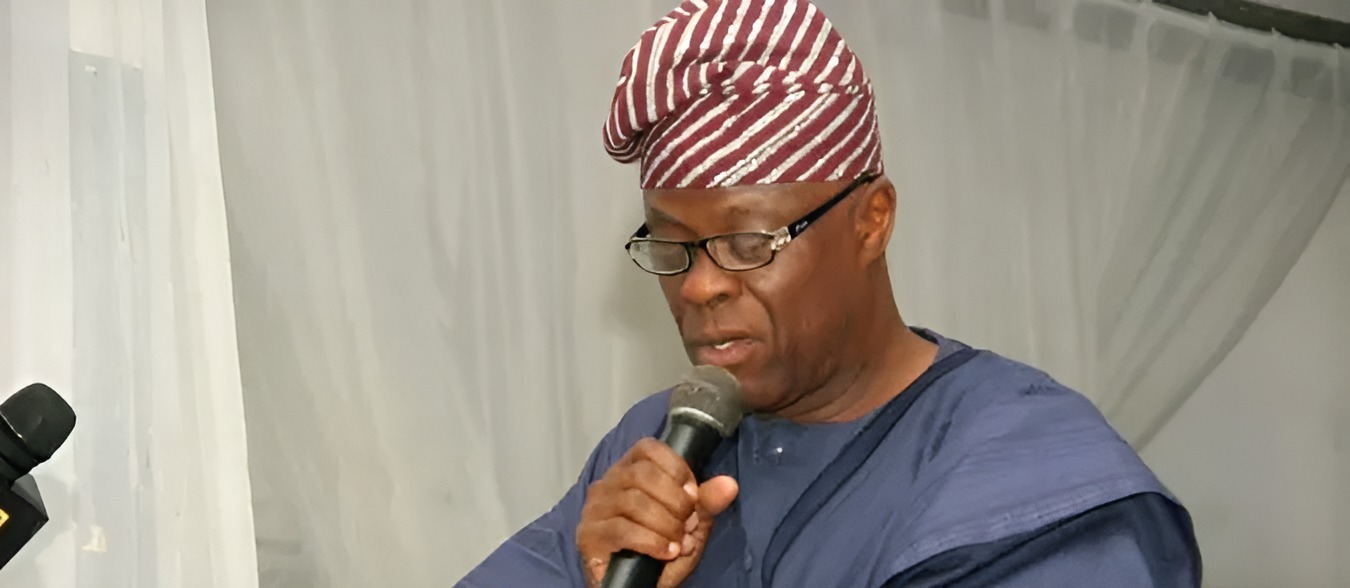Emmanuel Addeh in Abuja
Fresh data released by the Nigerian Upstream Petroleum Regulatory Commission (NUPRC) has shown that the Gbenga Komolafe-led upstream sector regulator raised its revenue by 176.7 per cent in 2024, as it recorded N12.2 trillion compared to the previous year.
During the year under review, the commission’s total revenue was N3.7 trillion, while in 2023 it was N4.3 trillion, but rose significantly to N12.2 trillion in 2024
Besides, personnel cost constituted 33.10 per cent of spending, at N63.2 billion; overhead stood at N85.8 billion or 44.9 per cent, while capital cost was N41.9 billion, at 21.9 per cent.
In the same vein, Cost of Revenue Collection (CORC) stood at N271 billion, compared to N114.8 billion in 2023; while Internally Generated Revenue (IGR) was N1.6 trillion.
In its 2024 annual report obtained by THISDAY, the commission stated that a total of 732 environmental incidents were recorded, including blowouts, corrosion, equipment failure, ‘mystery’, natural accidents, operational maintenance errors, sabotage, among others.
In terms of gas deployment, an average of 77 per cent of the total daily Domestic Gas Delivery Obligation (DGDO) was delivered in the year under review, the report stated.
According to the data, the challenges militating against DGDO performance included: Inadequate in-country gas infrastructure and interconnectivity; gas transmission pressure challenges; unreliability of the offtakers in taking allocated nominations; gas inventory challenges; grid power infrastructure constraint; security issues, among others.
In the same vein, the commission stated that producers submitted formal letters requesting waivers or offering reasons they might not meet the mandated domestic oil supply volumes for several reasons.
Nigeria’s domestic crude oil supply challenge is a critical issue undermining the stability of the country’s energy sector. Despite being one of Africa’s top oil producers, Nigeria continues to grapple with ensuring an adequate and reliable supply of crude oil to its local refineries, both public and modular.
At the heart of the problem is the limited capacity of Nigeria to produce adequate crude for local refining and export. For years, the country relied heavily on fuel imports due to the poor state of its government-owned refineries in Port Harcourt, Warri, and Kaduna, which operated far below their installed capacities.
Pipeline vandalism and oil theft have also disrupted crude availability. Sabotage of critical oil pipelines makes transportation risky and expensive, forcing some operators to shut down production or reroute cargo at high cost. These security concerns, particularly in the Niger Delta, directly affect how much crude oil can be reliably delivered to domestic refineries.
It said: “The commission received several pushbacks from IPPG, OPTS, some producers and their equity partners via formal letters, either requesting for waivers on the allocated monthly obligations, or giving detailed explanations why they might not be able to meet up with the allocated volumes etc.”
According to the report, a working committee was set up with representatives from the NUPRC, Oil Producers Trade Section (OPTS), Independent Petroleum Producers Group (IPPG), and the Crude Oil Refinery-Owners Association of Nigeria (CORAN) to sort out issues around domestic oil supply to local refineries.
The panel, it said, was tasked with developing a comprehensive framework for implementing the Domestic Crude Supply Obligations (DCSO) policy.
“Following several complaints from operators about the presence of refiners at curtailment meeting, another letter was sent to refiners, notifying them of the commission’s decision to put all refiners’ attendance at the monthly Production Curtailment Meeting (PCM) on hold temporarily till further notice,” it added.
In spite of the challenges, the NUPRC said it continued to facilitate crude allocation to local refineries, ensuring transparency by publishing relevant data on its website.






